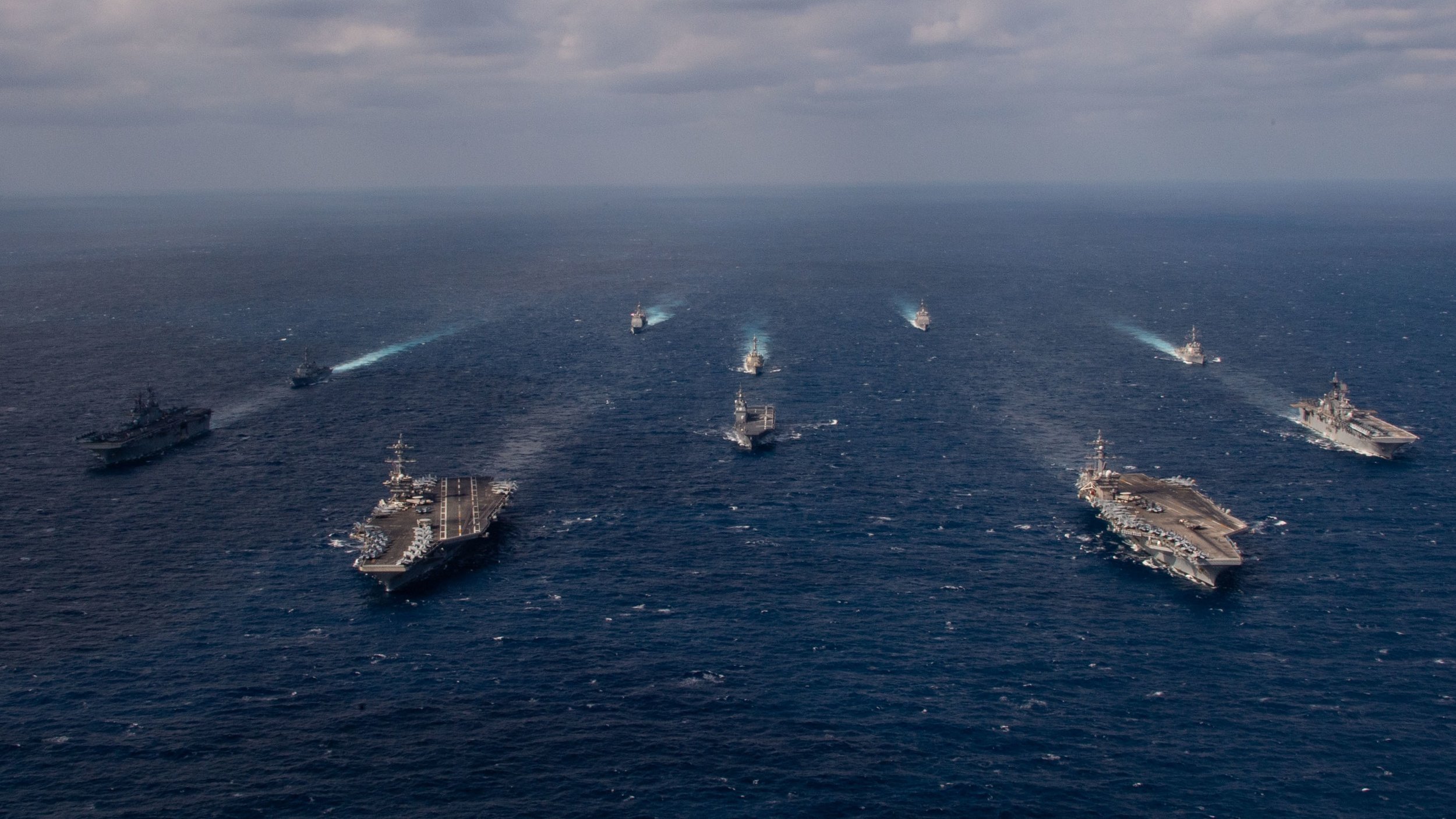In a television interview, President Biden yet again claimed the U.S. military is ready to battle the Chinese if they attempt to take the island of Taiwan by force.
It’s the 4th time in 13 months that Biden has outspokenly contradicted what his press team has repeatedly assured is still the U.S. policy—that Taiwan is an indivisible part of China which Washington would like to see reunified with the mainland peacefully, but who can also purchase military equipment for its own defense.
The comment came on 60 Minutes, and like the last time Biden made such a claim during a May interview in Tokyo, he doubled down during the reporter’s clarification.
In this case, he said the U.S. would defend Taiwan if there were “an unprecedented attack”. China has never attempted to invade Taiwan, so any attack would be unprecedented, which would mean the U.S. is currently guaranteeing Taiwan’s independence by the might of her armies.
Like the May interview, he confirmed that was the commitment the U.S. had to the island, but contradicted himself later by saying the U.S. maintains the “one-China policy”. His spokesperson also followed up the interview.
“The president has said this before, including in Tokyo earlier this year,” the spokesperson said. “He also made clear then that our Taiwan policy hasn’t changed. That remains true”.
These comments come just days after the Senate Foreign Relations Committee sent to the floor a bill containing the largest restructuring of U.S.-Taiwan relations in history, establishing the island as an independent nation with official titles, heraldry, embassy, and right to participate in international organizations like the UN.
It also would, if passed, designate the island a major non-NATO ally, and organize an additional $6.5 billion in arms sales.




